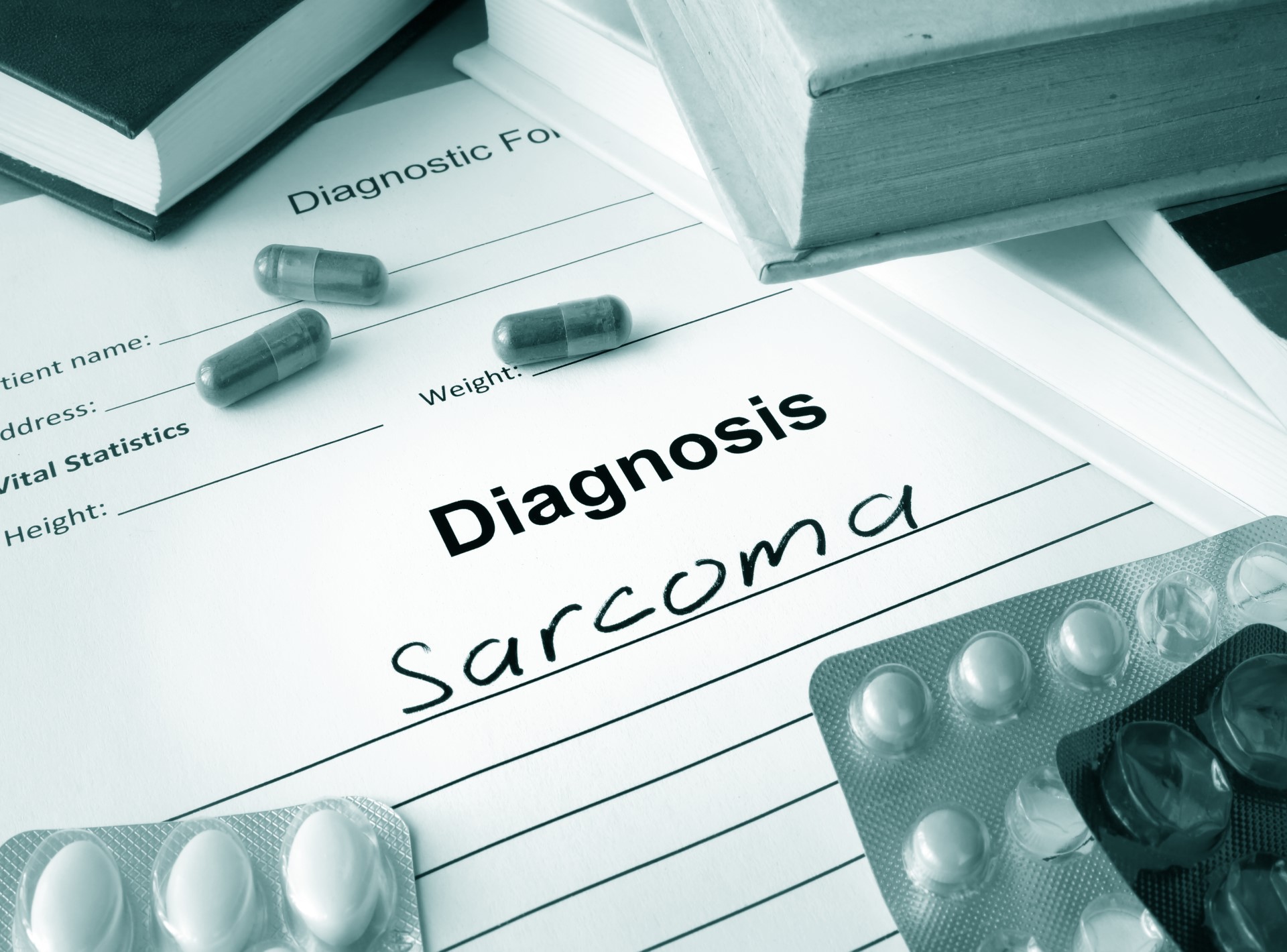
New phase II randomised data reveal the advantages of immunotherapy for patients with high-risk soft tissue sarcoma of the limb.
Pembrolizumab significantly reduced the risk of sarcoma recurrence or death by an impressive 18%, underscoring its potential as a vital therapeutic option in high-risk sarcoma.
Alongside its efficacy, pembrolizumab exhibited an acceptable safety profile.
Sarcoma is a rare and complex cancer arising from the bone, cartilage, or soft tissues such as fat, muscle, connective tissue or blood vessels. They can form anywhere in the body and are often misdiagnosed as a benign lump, or as a sporting injury or growing pains in young people.
The international, multicentre trial – Randomised Controlled Trial of Neoadjuvant Pembrolizumab with Radiotherapy and Adjuvant Pembrolizumab in Patients with High-Risk, Localized Soft Tissue Sarcoma of the Extremity (SARC032) – was led by the Australia and New Zealand Sarcoma Association (ANZSA) in conjunction with the US’ Sarcoma Alliance Research Collaboration (SARC).
Professor Angela Hong, Australia’s Principal Investigator for the trial, believes these results marks a significant advancement in the treatment landscape for patients battling high-risk, localised soft tissue sarcoma of the limb.
“This is a significant milestone. The integration of immunotherapy into standard treatment protocols heralds a new era in sarcoma management, offering patients and clinicians a potent tool in the battle against this formidable disease,” she said.
“SARC032 is the first completed randomised clinical trial of its kind. It demonstrated compelling evidence to integrate immunotherapy, specifically pembrolizumab, with the standard treatment regimen of radiotherapy and surgery for patients with grade two or three, stage III soft tissue sarcoma of the limb.
“With these compelling results, pembrolizumab has emerged as a new potential option for patients grappling with high-risk sarcoma of the limb.”
While sarcoma makes up only 1% of all adult cancers, it accounts for about 20% of cancers diagnosed in childhood – making it one of the most common cancers in children – and up to 10% of cancers among adolescent and young adults (aged 15-25).
The five-year survival rates for adults and children with bone and soft tissue sarcomas are estimated at 70% and 67% respectively.

